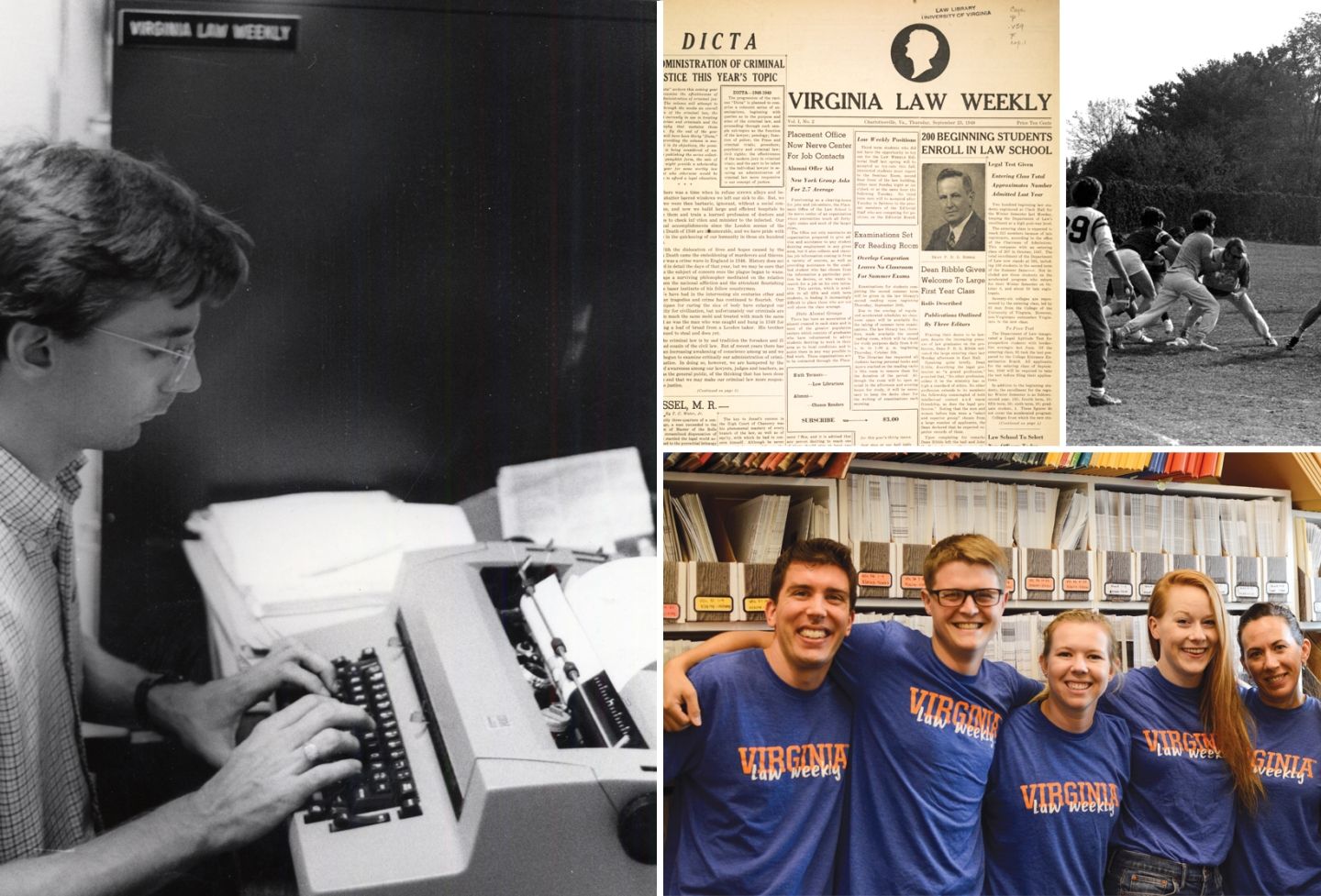I’m never going to predict oil prices," said Tim Goodell ’84 with a laugh. He’s senior vice president and general counsel of Hess, a Fortune 100 corporation headquartered in New York.
Price fluctuations are just one of the many uncertainties Goodell deals with as a leader in the often high-risk, high-reward petroleum industry.
When he joined the company from White & Case in 2009, demand for oil was high. A standard barrel fetched around $130, and many analysts forecast the price would rise to $200. By late 2014, however, the market was oversaturated. With OPEC flooding the market to challenge the United States’ robust production, the cost of a barrel plummeted by 40 percent from June to December of that year — $115 to $70. By the start of 2016, the price hit a 13-year low of $28 a barrel.
The downturn, although good news for consumers, was catastrophic for Goodell’s sector.
“We’ve just come off the worst three years in the oil industry,” Goodell said. “Every company has been essentially in the red. Probably over 100 companies in the oil and gas sector went bankrupt in the United States alone.”
OPEC relented from its aggressive tactics before the end of 2016, according to industry reports. Prices are now back in the $70-80 range — at least as of the end of summer — and appear on the rise. Companies have new, more optimistic outlooks.
Some belt-tightening helped Hess shore up its bottom line as it weathered the storm.
In corporate restructuring planned years before the downturn, the company divested itself of its refinery operations and retail stores (now Speedway gas stations). Hess had 14,775 employees in 2012. With its revised focus on exploration and production exclusively, it now has about 2,075.
“Even though we’re a big company, we’re pretty small compared to the majors,” said Goodell, who leads a staff of about 40 lawyers.
Last year, Goodell oversaw asset liquidations that helped the company continue to maintain strategic focus on in its two most important long-term plays: the Bakken shale formation in North Dakota, and exploration and development in the deep water off of Guyana, a country on South America’s North Atlantic coast.
Hess is partnered with Exxon Mobil and Nexen, to share the risks and rewards.
“In 2017, we sold assets in Norway, Equatorial Guinea and the Permian, as well as had a successful IPO of our midstream [oil and gas transport] business, which in total generated proceeds of $3.4 billion,” he said.
The reinvestment is already paying off in Guyana — the joint venture yielded its eighth find in June — and Hess will add two new rigs to its existing four in the Bakken.
The company will also buy back $1.5 billion in stock and reduce debt by $500 million.
In addition to supervising the sale and movement of assets, as general counsel Goodell has to stay on top of safety, compliance, and environmental and human rights issues, both in the U.S. and abroad.
Regardless of where the company drills, “the amount of regulation you have to deal with is phenomenal,” he said.
He is also the corporate secretary, a member of the executive committee, and handles external affairs and government relations, among other responsibilities.
When he was hired, “They weren’t looking necessarily for a general counsel with energy expertise; they were looking for one with broad-based corporate governance experience,” he said. “We have a staff of lawyers who are much better than I am in terms of expertise in energy. I’ve learned a lot in the 10 years I’ve been here, but I still wouldn’t call myself a top energy lawyer.”
Goodell began his legal career in 1984 with White & Case, the international law firm based in New York. He made partner in 1992 and was co-head of the mergers and acquisitions group. It was in that capacity that he got to know the Hess family. The firm represented the estate of late Hess founder Leon Hess, whose ownership of the New York Jets was being sold.
Leon Hess’ son, current CEO John Hess, asked Goodell to come on board. (The family currently owns about 12 percent of the public company’s stock.)
Goodell also belongs to a famous family. His father was Charles Goodell, the U.S. senator and representative from New York. His brother Roger Goodell is the commissioner of the National Football League. His brother William Goodell is a successful hedge fund executive.
For Tim Goodell, there were risks and adjustments involved in joining a new industry from his law firm of 24 years, but relocation wasn’t one, he said.
His office simply moved two blocks north on the Avenue of the Americas in Manhattan.



